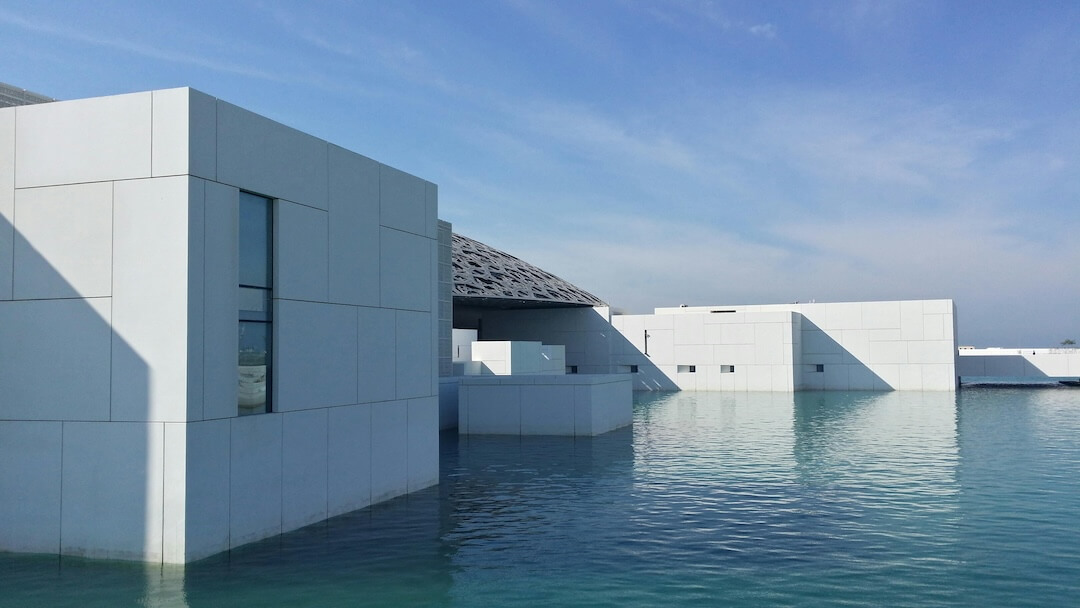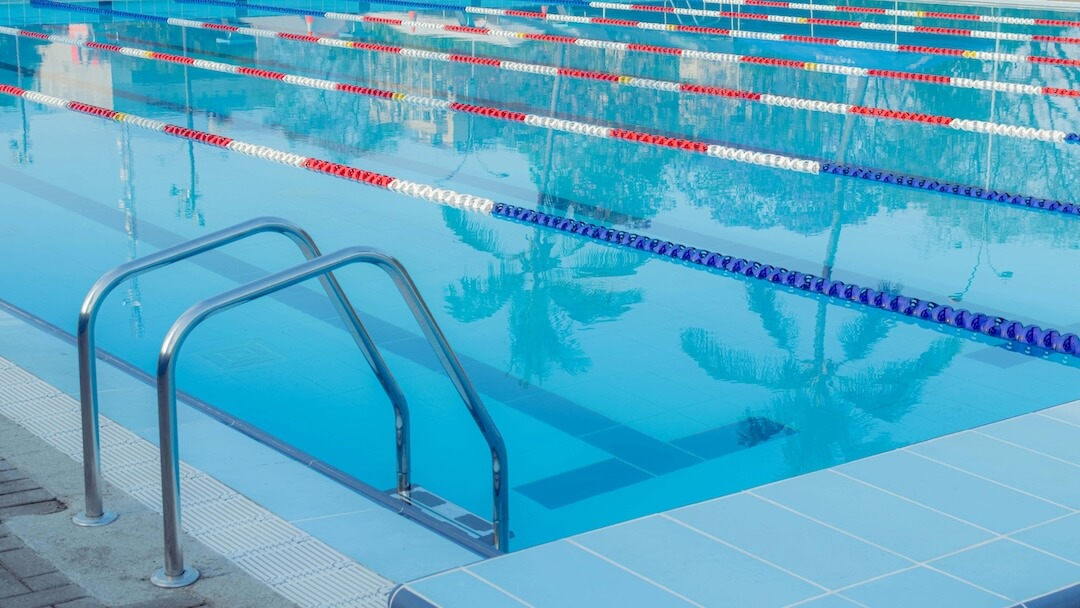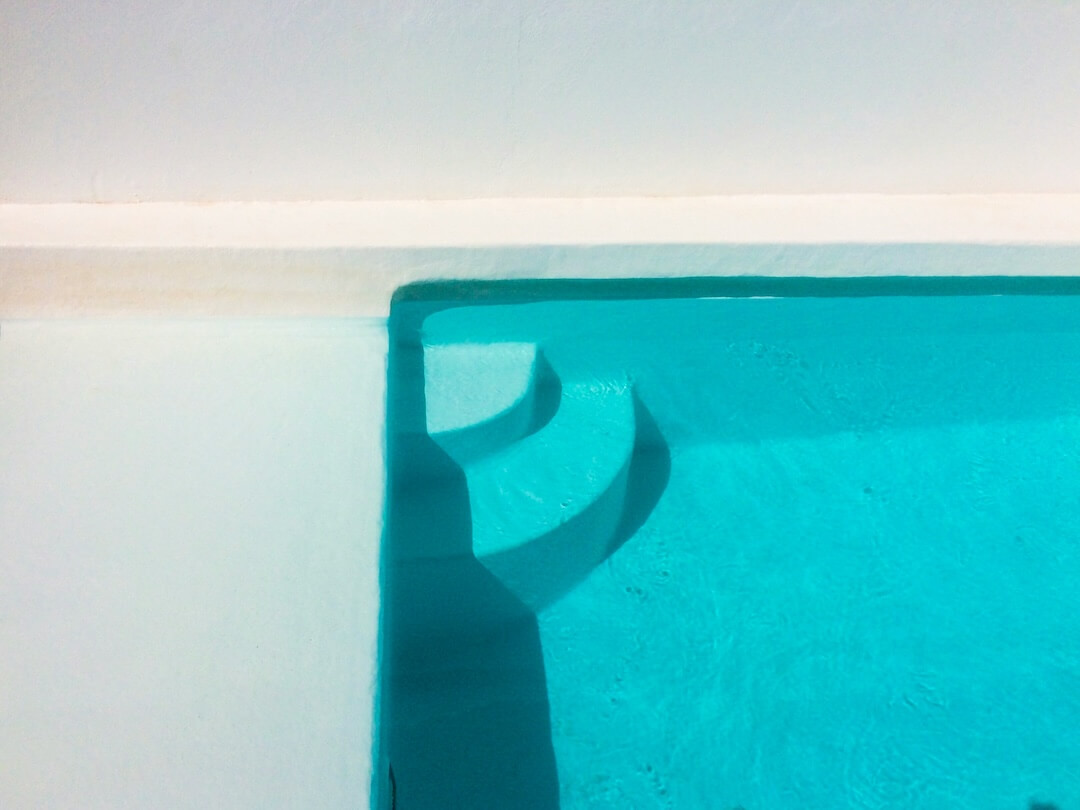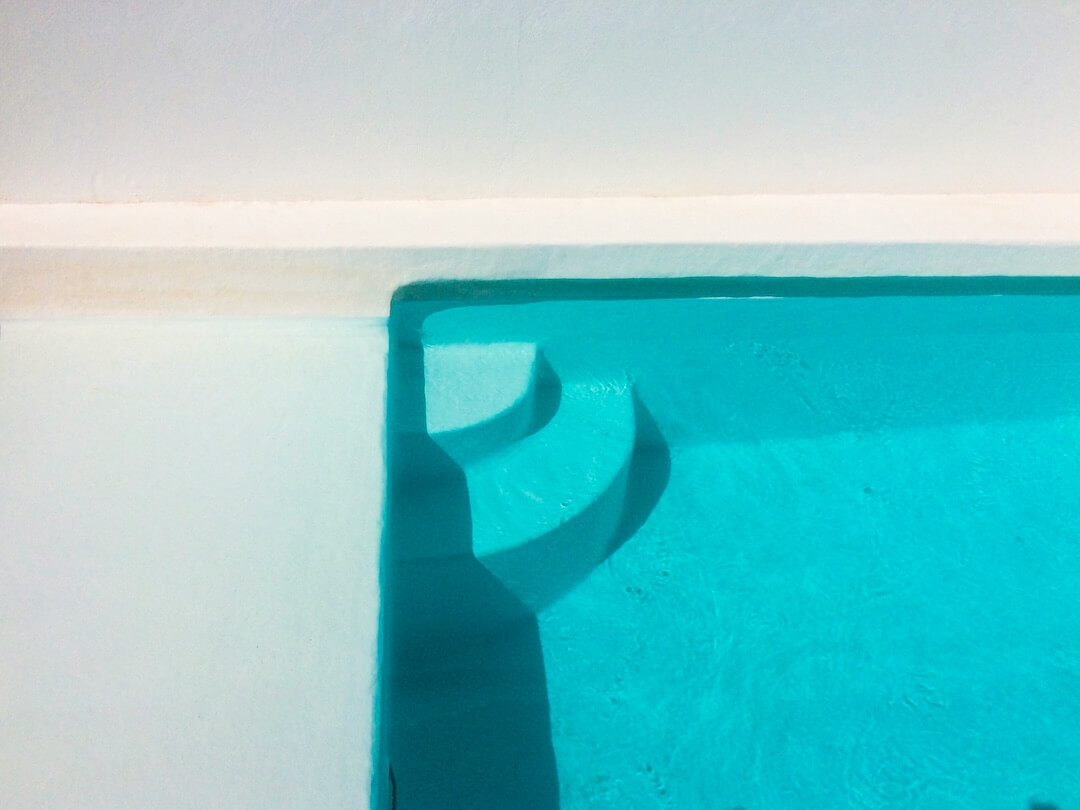How to Maintain Water Balance After Heavy Rain

How to Maintain Water Balance After Heavy Rain
In Fort Lauderdale, heavy rainfall is a common occurrence during storm season, and it can significantly affect your pool’s water quality. Excess water from storms can cause imbalances in pH levels, introduce contaminants, and promote algae growth, all of which compromise your pool’s safety and aesthetics. Properly maintaining water balance after heavy rain is crucial for prolonging your pool’s lifespan, reducing chemical costs, and ensuring a safe and enjoyable swimming environment. Here, we will walk you through comprehensive strategies and tips to restore and maintain optimal water chemistry in your Fort Lauderdale pool after heavy downpours.
Why Is Water Balance Important After Heavy Rain in Fort Lauderdale?
Heavy rain can introduce a large volume of water, dirt, debris, and pollutants into your pool, diluting existing chemicals and altering water chemistry. This can lead to unsafe conditions such as pH imbalance, high total alkalinity, and increased levels of contaminants, including bacteria and algae spores. In Fort Lauderdale’s warm climate, these changes can escalate rapidly, resulting in cloudy water, foul odors, and algae blooms if not addressed promptly. Proper water balance not only keeps your pool safe and hygienic but also reduces the need for excessive chemical adjustments, saves costs, and extends the lifespan of your filtration system.
How to Test Pool Water After Heavy Rain
The first step after a heavy rain in Fort Lauderdale is to test your pool water thoroughly. Use high-quality test kits or digital testing devices to measure key parameters:
- pH level
- Total alkalinity
- Calcium hardness
- Chlorine level
- Cyanuric acid (stabilizer level)
- Contaminants or bacteria (via professional water testing if necessary)
Frequent testing—at least daily until your water returns to optimal levels—is essential. Elevated levels of contaminants or imbalanced chemistry require immediate correction to prevent long-term issues such as algae growth or equipment corrosion.
Adjusting pH and Alkalinity in Fort Lauderdale Pools
The ideal pH for a pool in Fort Lauderdale should be between 7.4 and 7.6. Heavy rain tends to dilute chemicals, often causing pH to drop, making the water more acidic. Use pH increasers such as sodium carbonate (washing soda) to raise the pH gradually. If the pH is too high, use pH reducers like muriatic acid or sodium bisulfate. Alkalinity should be maintained between 80-120 ppm to buffer pH fluctuations caused by storm runoff.
Maintaining proper alkalinity is crucial because it stabilizes pH levels and prevents rapid shifts. Regularly adjusting these parameters ensures your pool remains comfortable for swimmers and reduces wear on your pool equipment.
Managing Chlorine Levels and Sanitization
Heavy rain can dilute chlorine levels, reducing your pool’s disinfection capacity. In Fort Lauderdale’s humid environment, maintaining proper chlorine concentration is vital to prevent bacteria and algae from taking hold. Aim for a free chlorine level of 1-3 ppm. If chlorine is low, add stabilized chlorine tablets or liquid chlorine to quickly restore sanitation levels.
If you notice persistent cloudiness, algae, or foul odor, consider shocking your pool with a super-chlorination treatment. This process kills bacteria and algae spores and helps reset your pool’s chemistry. Always follow manufacturer instructions and retest water afterward to confirm optimal chlorine levels.
Calcium Hardness and Pool Water Clarity
In Fort Lauderdale, maintaining proper calcium hardness (ideally 200-400 ppm) prevents issues like scaling or etching the pool surface. Heavy rain can sometimes lower calcium levels or introduce minerals that disrupt balance. Use calcium increasers or decreasers as needed to keep levels stable.
Clear, sparkling water indicates balanced calcium hardness, which also aids in preventing algae growth and keeps your equipment functioning efficiently. Regular testing and adjustments after storms are key to maintaining this delicate balance.
Preventing and Managing Algae Growth
Algae growth is a common aftermath of storms, especially in the warm, humid climate of Fort Lauderdale. To prevent algae, keep your pool properly sanitized with adequate chlorine levels and maintain proper filtration. Use algaecides as a preventative measure if algae episodes are frequent.
If algae blooms occur, increase chlorine levels and brush affected surfaces thoroughly. Running your pool’s multi-speed pump and filtration system longer during this period will also help remove algae spores and debris. Consider adding a clarifier to improve water clarity and filtration efficiency.
Cleaning Debris and Filtration Maintenance
Storms often deposit leaves, dirt, and other debris into your pool, which can clog filters and promote bacterial growth. Regularly skim the surface, vacuum the bottom, and clean the skimmer baskets. Backwash or clean your filter according to manufacturer instructions—sand, cartridge, or DE filters—all require different maintenance routines.
In Fort Lauderdale, where storms can be intense, a thorough cleaning after heavy rain ensures your filtration system remains effective and your water stays clear.
Shock Treatment and Bacteria Control
Heavy rain can introduce bacteria, viruses, and other contaminants. To ensure safe swimming conditions, perform a shock treatment using a high dose of chlorine or non-chlorine shock products. This process kills bacteria, viruses, and algae spores, restoring water safety and clarity.
Follow up with additional testing to confirm that free chlorine levels are back within the recommended range. Regular shock treatments after storms help maintain the health and safety of your Fort Lauderdale pool.
Using Eco-Friendly Pool Maintenance Products in Fort Lauderdale
Many Fort Lauderdale pool owners prefer environmentally sustainable options, especially after heavy storms when runoff and chemical use need to be balanced carefully. Use eco-friendly pool chemicals and algaecides that minimize chemical runoff and are safe for the local environment.
Opt for natural enzymatic cleaners and mineral-based products that reduce chemical dependency while maintaining water quality. Consulting with local pool professionals can help you choose the best eco-friendly solutions tailored to Fort Lauderdale’s unique climate and storm patterns.
Regular Maintenance and Monitoring
Post-storm water balance correction isn’t a one-time fix. Daily testing, adjustments, and cleaning are necessary until your pool water stabilizes. Set a schedule to monitor water chemistry closely, especially during hurricane season or periods of frequent storms.
Investing in a automatic chemical feeder or smart pool management system can help maintain consistent water quality and reduce manual effort, ensuring your pool remains pristine and safe after every heavy rain in Fort Lauderdale.
Final Thoughts
In Fort Lauderdale, heavy rain is a natural part of the climate, but it doesn’t have to mean the end of enjoyable, clear, and safe pool water. By following these essential steps, including thorough testing, chemical adjustments, debris removal, and proper filtration, you can restore your pool’s perfect water balance quickly and effectively. Remember, consulting our local pool experts can provide tailored advice and professional assistance to keep your pool in top condition year-round, even during Florida’s stormiest seasons. With proactive care and proper maintenance, your Fort Lauderdale pool will remain a refreshing oasis, rain or shine.



